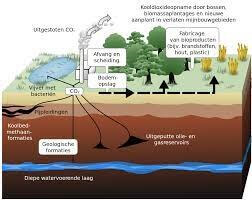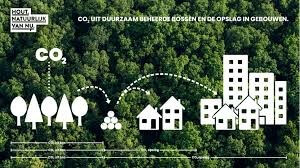Carbon offset & fraudulent schemes

Victimizing indigenous peoples
eyesonsuriname
Amsterdam, 16 March 2023 — Increasingly, Indigenous territories are being targeted for carbon offset schemes. Protected Areas – which usually lead to evictions and violence against local people – are now being justified by claims about their potential to ‘store’ carbon. The resulting carbon ‘credits’ can then be sold to polluters, like oil companies, so that they can claim to be ‘carbon neutral’.

These schemes are a scam and are dangerous for people and the climate. It’s blood carbon.
Tens of thousands of pastoralist Indigenous Samburu, Borana and Rendille people have long grazed and depended on the nearly 5 million acres now covered by Northern Rangeland Trust’s (NRT) carbon offset project. Their ancestral lands, their ways of life and their ability to feed their families are threatened by NRT’s project, which claims to increase the amount of carbon stored in the soil by changing pastoralist grazing patterns and the sustainable way they use their land. The Indigenous communities were not properly consulted about the project.

The least responsible for climate change are paying the price for a destruction they didn’t cause.
NRT has already made millions from this scheme by selling carbon credits, and is set to earn many millions more. NRT’s armed wildlife rangers have been implicated in serious human rights abuses against local Indigenous people and carbon credit sales could fund such abuses. There is also strong evidence that the project fails to do what it promises; store more carbon. By enabling companies to greenwash their emissions, the scheme could accelerate climate change rather than prevent it.
Despite the abuses and doubts over the ability of NRT’s project to store more carbon, Verra, an organisation which oversees the certification of projects and the sale of carbon credits, has certified NRT’s scheme and plans to continue doing so.

Please act now by writing to Verra, asking that they scrap this project, and not to certify any other projects on Indigenous lands where human rights violations have occurred and which did not obtain Free, Prior and Informed Consent from the communities.









